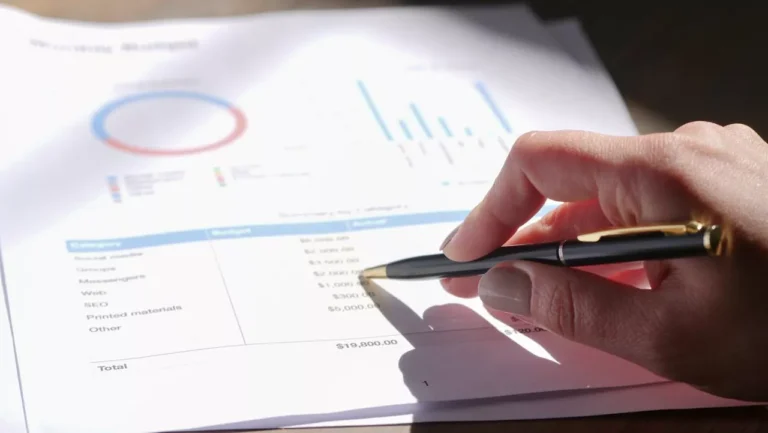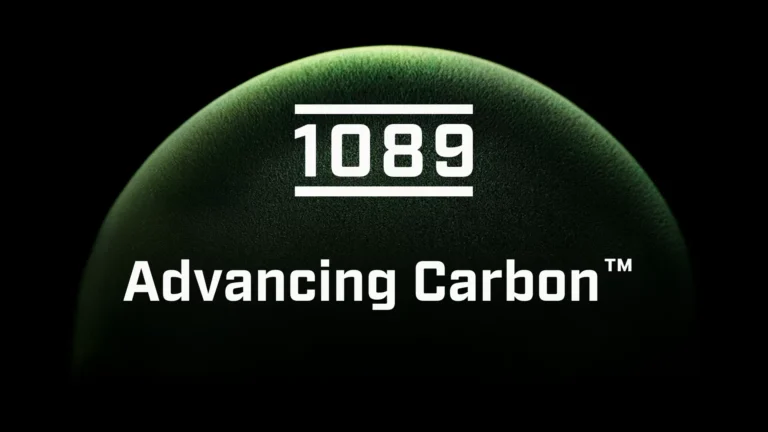
Anaergia Signs Major Contract to Supply Advanced Equipment for Organics-to-Biomethane Facility Upgrade in Bizkaia, Spain
Anaergia Inc., a global leader in sustainable waste-to-resource technologies, has announced a significant step forward in its European operations. Through its wholly owned subsidiary, Anaergia S.r.l., the Company has entered into a supply agreement with PreZero International, the prime contractor overseeing the modernization of a materials recycling facility (MRF) in Bizkaia, located near the city of Bilbao, Spain.
This agreement marks a pivotal development for Anaergia as it expands its reach into the Spanish renewable energy and waste management sectors. Once the facility upgrade is completed, the site will be equipped to handle up to 50,000 metric tons of source-separated organic waste annually. These upgrades will significantly enhance the plant’s capabilities, enabling it to transform organic waste into clean, renewable biomethane using anaerobic digestion (AD)—a process central to the circular economy and climate mitigation strategies across the European Union.
Anaergia’s contribution will include the provision of several of its proprietary technologies, notably the CleanREX™ and GritREX™ systems. These state-of-the-art technologies are designed to preprocess organics efficiently by removing contaminants and improving the quality of the organic fraction fed into the anaerobic digestion process. The biomethane generated from this process will be of grid-injectable quality and is expected to support Spain’s broader goals of enhancing renewable gas use, reducing landfill reliance, and lowering greenhouse gas (GHG) emissions from organic waste decomposition.
Key Technologies Driving Sustainability
At the heart of the Bizkaia upgrade are Anaergia’s CleanREX™ and GritREX™ systems—technologies that have been successfully deployed in multiple facilities worldwide.
- CleanREX™ is an advanced mechanical pre-treatment system that separates organic waste from contaminants such as plastics, metals, and inerts. This ensures a high-purity organic stream, which is vital for efficient and high-yield biogas production.
- GritREX™, meanwhile, removes abrasive grit and heavy inorganics from the organic slurry, protecting downstream equipment from wear and enhancing the longevity and reliability of the anaerobic digesters.
By integrating these systems into the revamped MRF, Anaergia is enabling a streamlined and high-performance waste-to-energy conversion process. The end product—biomethane—can be used as a renewable fuel or injected into the natural gas grid, furthering Spain’s energy diversification and decarbonization efforts.
Under the terms of the contract, Anaergia anticipates recognizing revenues totaling approximately CAD 7.6 million, reflecting the scale and strategic importance of the project within the Company’s broader European portfolio.
A Benchmark for Sustainable Waste Management in Spain
“This project represents a leap forward for the treatment of source-separated organics in Spain,” said Fernando Fernández, Head of Project Execution at PreZero International. “The solutions provided by Anaergia will help transform the Bizkaia facility into one of the most efficient and sustainable plants in the country for converting organic waste into biomethane.”
He continued: “At PreZero International, innovation and environmental responsibility are central to our mission. By partnering with Anaergia, a company known for its technological excellence and track record of successful projects worldwide, we are confident in delivering a facility that meets the highest standards for environmental performance and circular resource use.”
PreZero, part of Germany’s Schwarz Group (also parent company of Lidl), operates in multiple countries and focuses on closing material loops and reducing the environmental impact of waste. Their involvement in the Bizkaia project underscores the significance of the upgrade and reflects a broader trend of integrating advanced waste conversion systems into Europe’s recycling infrastructure.
Anaergia’s Growing Global Footprint
Commenting on the announcement, Assaf Onn, Chief Executive Officer of Anaergia, expressed enthusiasm about the strategic implications of the project:
“While Anaergia has supplied its systems to many source-separated organics plants globally, this particular project holds special meaning as it represents our first such deployment in Spain,” Onn stated. “It’s a meaningful milestone that expands our European footprint and affirms our commitment to building a better, more sustainable world through innovation.”
Anaergia’s growth strategy has consistently focused on providing end-to-end solutions that support municipalities, industries, and utility partners in converting waste into valuable resources such as renewable energy, fertilizer, and clean water. The Company operates across North America, Europe, Asia, and the Middle East, with integrated facilities and partnerships that align with global sustainability goals and the UN Sustainable Development Agenda.
With stricter regulations and ambitious climate targets in place across the European Union, including mandatory organic waste separation and landfill reduction directives, Anaergia’s technologies are increasingly in demand. These systems not only offer environmental benefits but also generate economic value by reducing waste disposal costs and creating renewable energy.
Alignment with Spain’s Circular Economy Goals
Spain has made considerable strides in recent years toward implementing circular economy principles, particularly in the waste and energy sectors. By 2035, the country aims to reduce the amount of municipal waste landfilled to just 10% and significantly increase the proportion of waste that is reused, recycled, or recovered for energy.
The project in Bizkaia is directly aligned with these goals. Located in the Basque Country—a region known for its progressive environmental policies and industrial innovation—the upgraded facility is expected to become a model for similar projects across the Iberian Peninsula.
The biomethane produced at the facility can displace fossil-based natural gas in heating, electricity generation, or transportation applications, contributing to reductions in GHG emissions and supporting national targets for renewable gas development. Spain’s biomethane potential, particularly from municipal organic waste and agricultural residues, remains largely untapped, and this project serves as a catalyst for broader deployment of anaerobic digestion and gas upgrading infrastructure nationwide.







